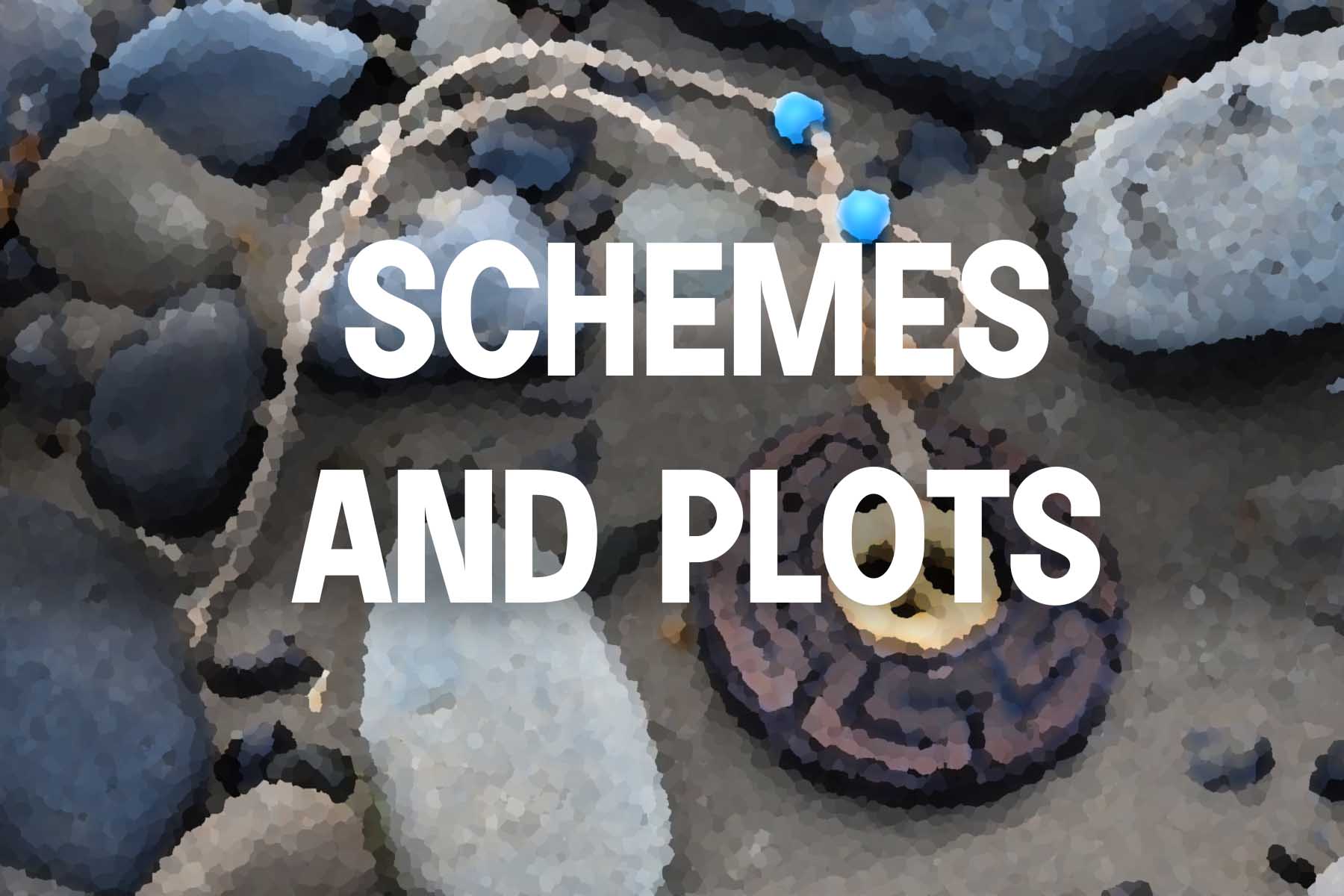Last year, I broke away from the topic of Magic: the Gathering to talk about the legendary Pokemon from that franchise, in a playful two-part article to celebrate April Fool’s Day. Pokemon is a hobby that has meant a lot to me and always feel like a well I could return to, given the right jumping off point. This year I had the intention of returning to that franchise, only to realize that the idea that I was formulating was not realistic to do the justice it deserved in the time frame I had.
But, there was a topic that I have been meaning to dedicate some attention to and this seemed like the perfect to do just that. Today, I want to ask the question: would playing Commander make you a good Survivor contestant? Survivor is one of those shows that I have enjoyed pretty much since discovering the show around season six. Coincidentally, like Magic and Pokemon, it is a topic that when I bring it up in casual conversation I also get the response, “is that still a thing?”
Survivor has become an important game and as season 41 was airing late last year, I fell hard into the content being created by the fans. This eventually led me to the podcast hosted by David Bloomberg and Jessica Lewis, “Why X Lost,” a weekly show reviewing the gameplay of the player or players voted off each week. At the center of the show is David’s seven basic rules to follow if you want to win the game of Survivor. As I was absorbing season 41 and was checking back with the podcast each week, it slowly began to dawn on me how some of these rules could just as easily be used in Commander.
Survivor is a game about playing the hand you are dealt. Over the 42 seasons of the show, each one has come with its own themes and twists that shape how the players need to approach winning the million-dollar prize. Your decision making needs to be on a knife’s edge sometimes, and players that can think outside of the box to outplay the rest of the cast can sometimes be completely off the radar, until the moment they put themselves into the final tribal council. In that way, I would like to posit that the skills of playing Commander just might make you an excellent Survivor contestant.
This week, I would like to look at a few of the rules outlined by David Bloomberg and put them into the context of Commander. Where possible, I will also be pulling examples from a recent game that I played, to help illustrate how these techniques can result in a win. Additionally, there will be scattered spoilers for seasons seven, twenty-two, and thirty-seven. I hope this can be a fun, breezy installment, breaking from the normal grind.

Plotting Schemes
Some of the best episodes of Survivor are the ones where new tribes are formed, whether that be in the first episode or after a tribe swap. You get to see how each player is vying for information meant to discern what the landscape of the game looks like. You have to be thinking about your place in the game and your next step at all times. The only issue is everyone is thinking like that and you need to be prepared to offer deals that will get you and your alliance further in the game. And you also need to be prepared to stab them in the back, eventually.
The important thing about scheming in Survivor and Commander is that it almost always needs to be an internal discussion you have with yourself. Rob Mariano knew this on “Survivor: Redemption Island,” where in the first episode, he blended into the background of the episode and simply listened as people openly discussed the game in front of him. All leading to the first tribal council, when he goes up to vote, looks into the camera and says, “Man, it feels so good to play with you amateurs. You give away so much, you don’t even know enough to keep your mouths shut.” To be fair, it was his fourth time playing.
Setting up other players to fail is something you hardly want to take credit for, especially in the moment. The flashy contestants put a target on their back, which usually means their time in the game will come to an end. Likewise, players who bluntly call out their strategy to the whole table, even when it’s advantageous to most of the other players, are doomed to wear out their welcome.
The plotting and scheming in my recent game started with my opening hand. I was playing my Derevi, Empyrial Tactician, which aims to use a lot of tapping effects to momentarily remove creatures while leaving out the sting of destroy effects. My hand contained Curse of Inertia and the mana needed to cast it. I knew that this enchantment, played on the right player, could not only drive combat towards them but deny them the advantages that it would grant to the rest of the table. The key decision here was knowing that Vince, who was running Yuriko, the Tiger’s Shadow, would probably be the one who would prove to be the greatest threat and would also have been able to use the additional mana or tapping resources to his advantage the best.

Keepings Emotions in Check
Without a doubt being able to keep your emotions in check during the game of Survivor is extremely important. You are spending every day with the people on your tribe for over a month; you not only have to face victory with humility but losses with grace. You also need to get along with the people you’re playing with and not rub any of them the wrong way. In Commander, you may only be playing for an hour or two, but it’s important to never let the tension of the game get in the way of your lines of play or how you treat people outside of the game. Some people will choose chaos, casting Mana Drain on the spell you were hoping would dismantle the “archenemy.” And other people will lose their temper after the third boardwipe in five turns.
Within the context of the rules, David Bloomberg cites Rupert during his debut season in “Survivor: Pearl Islands” as an example of poor emotional control, and I have to agree. Loyal to a fault, I wholeheartedly wanted to see Rupert walk away with the check for million dollars. But his inability to separate his emotions from some of the more devious turns in the game resulted in him losing his cool and eventually being voted out. These traits, unfortunately, he never learned to overcome.
Good emotional control can also make you likable; in Survivor you will go farther with your alliance and in Commander, you might dodge an attack, and maybe even be invited back to game night next time. There have been countless players who were next on the chopping block to be voted out of the game, only to have a heated argument at the tribe camp between alliance members cloud a contestant’s judgment long enough for them to proclaim, “screw the plan, tonight we blindside X.” Even as someone who can display poor self awareness, I know that patience and a silly grin will get me further than a stern brow and gritted teeth.
The only real emotion control I had to make in my game was matching the frustration or unease of the rest of the table, as large swaths of life were being taken from us. This was happening not only from Yuriko, the Tiger’s Shadow, but the Yoshimaru, Ever Faithful/Kediss, Emberclaw Familiar partner deck. I found myself below 20 life pretty quickly, but the rest of the table was also hemorrhaging life and I didn’t want to come off too even-keeled or frustrated as my time in the game was seemingly slipping away.
At one point, I cast Subjugator Angel in hopes of causing some cascading combat damage to be dealt down stream. And at least once, I was untapping other players’ creatures with the Curse of Inertia, in hopes that they would survive extra combat steps. Because, of course, we were all in this together.

Never Be a Threat
Anyone who has watched a season of Survivor is well aware that the game has baked-in elements that allow for the strong and smart to expose their exceptional traits. This is why it is important to downplay just how much of a strategic or physical threat you may be. Decision making can happen on a knife’s edge. Lying to your tribe about something you found in the jungle on night one. Flipping on your alliance the vote before everyone else might expect it. Downplaying your knowledge within the game—such as the possession of an immunity idol—or even your knowledge of the game—such as, feigning being a “recruited player” who hasn’t really watched much of the show.
In “Survivor: David vs. Goliath”, fan favorite player, Christian Hubicki, made the regrettable error of becoming too much of a threat. In hindsight, this was partially attributable to his strongest alliance member, Gabby Pascuzzi, not getting the credit she deserved for the moves they orchestrated together throughout the game. But, Christian is an over-explainer after my own heart, who simply said and did enough to become too much of a threat to the rest of his alliance to keep around past seventh place.
Everything always comes back to that Curse of Inertia. During our game, I was asking players as they were moving to combat which creatures they were going to attack Vince with—but also, “which permanent are you going to tap or untap?” While this was extending my threat level and political influence on the game, I tried to maintain phrasing that would keep the game light and leave players feeling like they were making the decisions. My favorite interaction being suggesting targeting the untapped Yuriko with Skyline Cascade, with the intent of tapping it with the Curse trigger. This seamlessly targeted Yuriko and put at least one creature on rails for the following combat step.

Focus on The End Goal
In the end you win Survivor by outplaying your opponents and then convincing a jury of your fellow players to vote to give you a million dollars. Obviously by contrast, nobody is going to literally need to convince the rest of the players to make them the winner of a game of Commander. But there is always a defining play of the game. While I knew that the Curse of Inertia was going to help me get further in the game, I had no reason to believe that it would have a lasting effect and still be in play at the end of the game. But it did set the foundation for me to make it all the way to the final two players.
Frankly, I didn’t play flawlessly and constructing a victory was something that had to be patched together. But I knew when I drew Willbreaker that it would be my best option to defeat a player once it came down to a one-to-one battle. Vince is a very smart player, but the way that this deck interacts is admittedly very unconventional. I knew that once Willbreaker was on the battlefield, no amount of creatures left back as blockers was going to stop me from using the triggers on Derevi, the Curse, or Master of Diversion from simply stealing the blockers. From there, I won the game, safe to toil in mediocrity for the next few games.
While winning the game of Survivor is not the same as playing a game of Commander, there are a lot of overlapping details. Having played Commander for more than a decade, I think many of the skills that have become second nature to me could be adapted to thinking about how to best play Survivor, even if just on a micro scale. Writing this article and thinking critically about this topic has been a blast. I hope you liked it too—thanks for coming to my TED Talk.
Ryan Sainio is a Graphic Designer who writes about EDH and the EDH community. He has been playing Magic: the Gathering since 7th Edition in 2002 and values flavorful and fun gameplay over competitively optimized decks.



